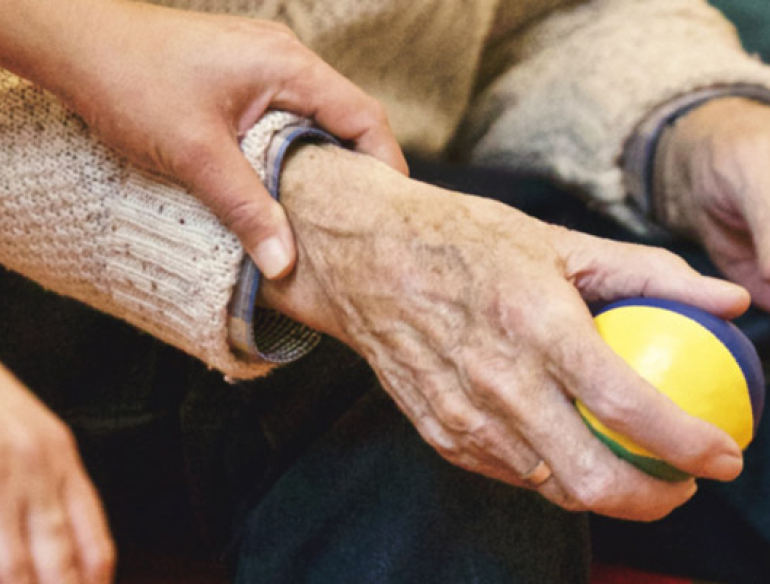This will be important to provide evidence for policy makers and guidance for influenza vaccination control programs targeting elderly people and aged care facilities.
In 2017, there was a severe influenza season, with multiple outbreaks occurring in aged care facilities and higher than usual mortality rates in the elderly. The influenza vaccine is offered for free to people 65 years old and above under the National Immunisation Program. The overall influenza vaccine effectiveness in 2017 was measured to be very low, and the lowest protection was in older adults. As a result, in 2018, the Australian government introduced 2 new vaccines with higher potency: Fluad® MF59®, adjuvanted influenza vaccine and Fluzone High Dose, exclusively for those 65 and above. Those working in aged care facilities also have a higher risk of exposure and infection during influenza outbreaks. The federal government made it compulsory for nursing homes to offer influenza vaccination for staff, although aged care staff cannot be coerced into taking the vaccine. It will be important to assess the impact of new vaccines introduced into National Immunisation Program in 2018 to provide evidence for policy makers and guidance for influenza vaccination control programs targeting elderly people and aged care facilities to better prevent influenza-related morbidity and mortality in the most vulnerable risk group, the frail elderly.
This project will build an evidence base of effective policies for influenza vaccination for residents and staff in aged care facilities. It is being undertaken in collaboration with HammondCare, a non-profit residential aged care provider with multiple facilities across NSW.
We are conducting an observational epidemiological study. The aims of the study are to quantify the impact of influenza on residents and staff of aged care facilities; and to measure the effectiveness of the 2018 influenza vaccines administered under the Australian National Immunisation Program to prevent influenza in residents aged 65 and over. This data can be used to determine the vaccine effectiveness among the residents and staff in aged care facilities, to design interventions and to evaluate the impact of current policies.
This project is due for completion in 2020. Recruitment and data collects are currently being completed and analysed.

